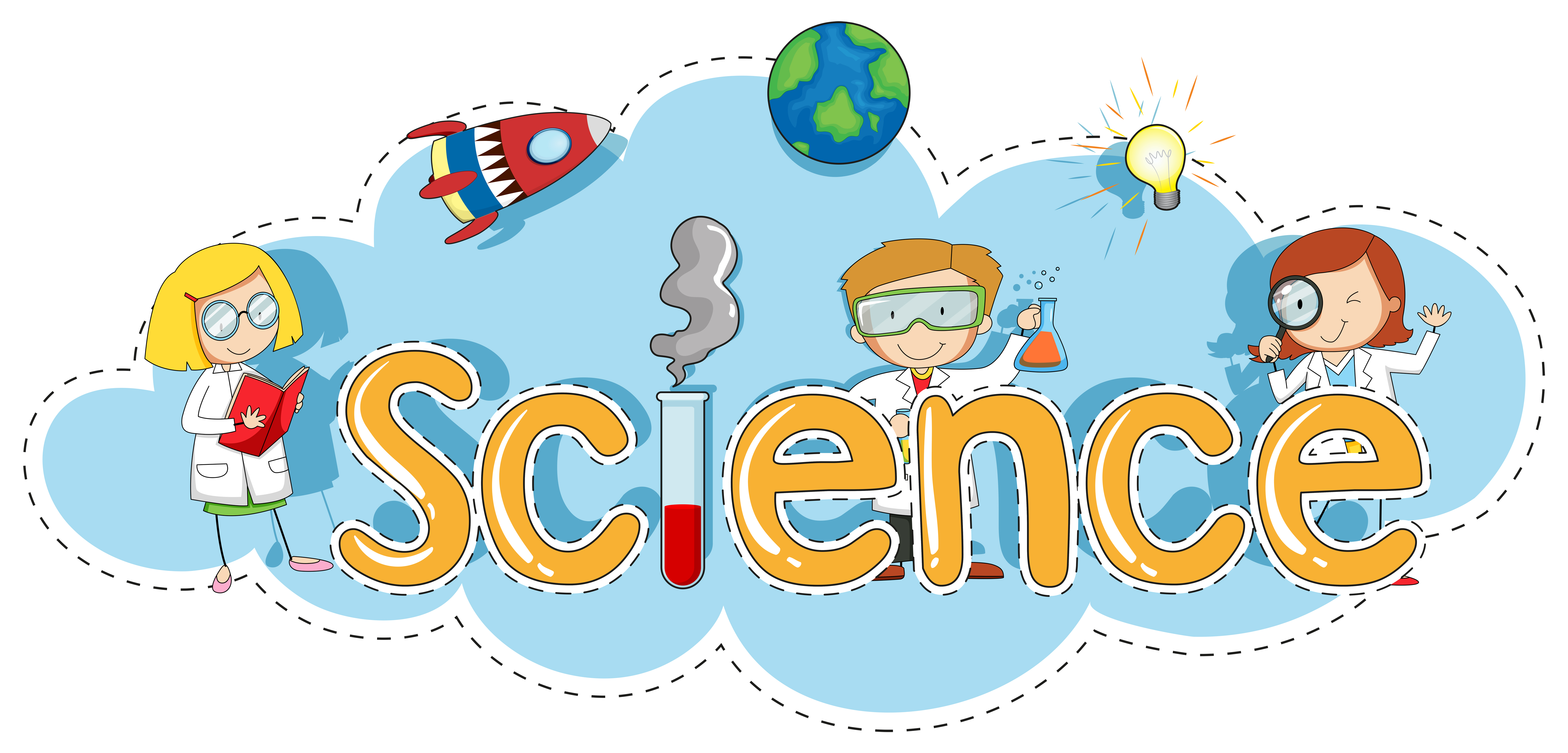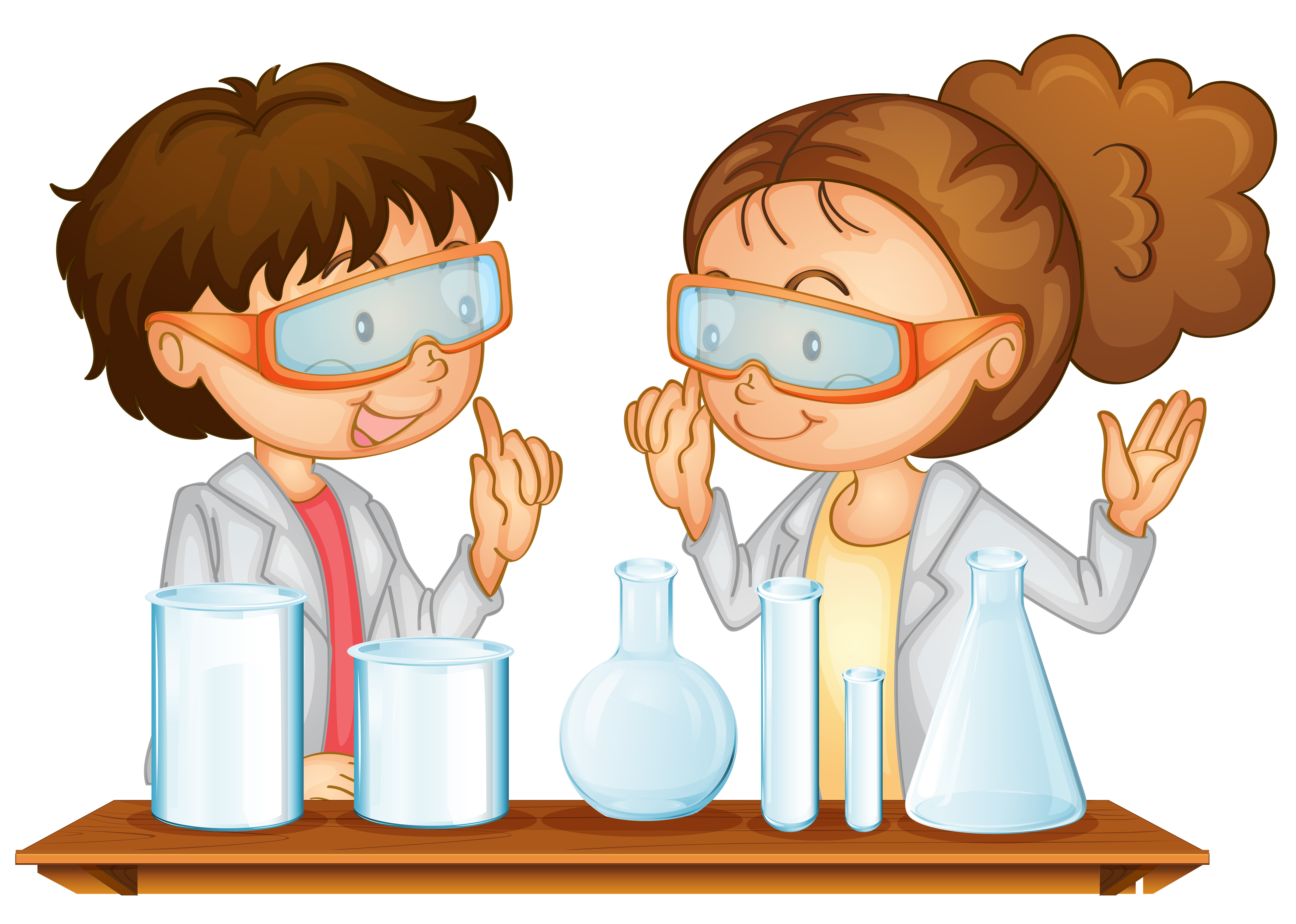Science
'The important thing is to never stop questioning'
Intent
At Henbury View, we define Science as the ‘way to understand our world by carefully thinking about it and testing our guesses with observations and experiments.’ At Henbury View First School, our children are scientists! Our intent is to give every child a broad and balanced Science curriculum which enables them to confidently explore and discover what is around them, so that they have a deeper understanding of the world we live in. We want our children to love science. We want them to have no limits to what their ambitions are and grow up wanting to be astronauts, forensic scientists, toxicologists or microbiologists. We want our children to remember their science lessons in our school, to cherish these memories and embrace the scientific opportunities they are presented with! To achieve this, it involves exciting, practical hands-on experiences that encourage curiosity and questioning. Our aim is that these stimulating and challenging experiences help every child secure and extend their scientific knowledge and vocabulary, as well as promoting a love and thirst for learning. At Henbury, we have a coherently planned and sequenced curriculum which has been carefully designed and developed with the need of every child at the centre of what we do. We want to equip our children with not only the minimum statutory requirements of the science National Curriculum but to prepare them for the opportunities, responsibilities and experiences of later life.

Implementation
Our Henbury Science curriculum allows children to know and remember more, ensuring that the children not only know ‘the science’; they also know the evidence for it and can use this knowledge to work scientifically. Our curriculum is clearly organised and is progressive, both within substantive and disciplinary knowledge. We focus on 5 key enquiry skills, which allows the children to learn how scientific knowledge becomes established and gets revised. Knowledge is carefully sequenced to reveal the interplay between substantive and disciplinary knowledge. Disciplinary knowledge is taught explicitly throughout all year groups and comprises knowledge of concepts as well as procedures. When pupils develop their disciplinary knowledge, they learn about the diverse ways that science generates and grows knowledge through scientific enquiry. The curriculum outlines how disciplinary knowledge advances over time and teaches pupils about the similarities and differences between each science. We have developed our ‘Big Ideas’ of science, to ensure children develop a well-rounded understanding of what science looks like in the world around them, right from the start of EYFS. Each unit of work culminates in the children discovering the work of famous scientists from history, uncovering the impact their work has on modern life. We see science as a cross-curricular subject and therefore progression takes account of what is taught in other subjects.
and gets revised. Knowledge is carefully sequenced to reveal the interplay between substantive and disciplinary knowledge. Disciplinary knowledge is taught explicitly throughout all year groups and comprises knowledge of concepts as well as procedures. When pupils develop their disciplinary knowledge, they learn about the diverse ways that science generates and grows knowledge through scientific enquiry. The curriculum outlines how disciplinary knowledge advances over time and teaches pupils about the similarities and differences between each science. We have developed our ‘Big Ideas’ of science, to ensure children develop a well-rounded understanding of what science looks like in the world around them, right from the start of EYFS. Each unit of work culminates in the children discovering the work of famous scientists from history, uncovering the impact their work has on modern life. We see science as a cross-curricular subject and therefore progression takes account of what is taught in other subjects.
Key Skills
At Henbury View, we have key scientific skills that run through and across year groups. These will continually be revisited and explored across the academic journey of a child at Henbury. Each skill is underpinned by key vocabulary and knowledge that will be explicitly taught in Science. The key threads are:
|
Asking questions |
Making predictions |
Setting up investigations |
Observing and measuring |
Recording data |
Interpreting and communicating results |
Evaluating |

Scientific ‘Big Ideas’
The ‘Big Ideas’ of Science are recurring themes that appear throughout the curriculum in all year groups. Each individual learning journey that is taught will link to at least one ‘Big Idea’. The ‘Big Ideas’ focus on the 4 main components of scientific knowledge are Physics, Chemistry, Biology and Earth Science.
Physics
- The universe follows unbreakable rules that are all about forces, matter and energy
- Forces are different kinds of pushes and pulls that act on all the matter that is in the universe. Matter is all the stuff, or mass, in the universe
- Energy, which cannot be created or destroyed, comes in many different forms and tends to move away from objects that have lots of it
Chemistry
- All matter (stuff) in the universe is made up of tiny building blocks
- The arrangement, movement and type of the building blocks of matter and the forces that hold them together or push them apart explain all the properties of matter (e.g. hot/cold, soft/hard, light/heavy, etc)
- Matter can change if the arrangement of these building blocks changes
Biology
- Living things are special collections of matter that make copies of themselves, use energy and grow
- Living things on Earth come in a huge variety of different forms that are all related because they all came from the same starting point 4.5 billion years ago
- The different kinds of life, animals, plants and microorganisms, have evolved over millions of generations into different forms in order to survive in the environments in which they live
Earth Science
- The Earth is one of eight planets that orbit the sun
- The Earth is tilted and spins on its axis leading to day and night, the seasons and the climate
- The Earth is made up of several layers, including a relatively thin, rocky surface which is divided into tectonic plates, and the movement of these plates leads to many geologic events (such as earthquakes and volcanoes) and geographical features (such as mountains)

Scientific Enquiry
Within our science curriculum, we aim to develop the children’s scientific enquiry. Each enquiry skill is helps children to work scientifically and is clearly mapped below in our knowledge progressions through the use of enquiry questions. The 5 key enquiry skills that we look at are:





Comparative and Fair testing: Helps pupils explore relationship between variables. Comparative tests children compare one event with another (e.g. does the red car go faster than the green car?) A fair test identifies the causal relationship between two variables (e.g. does the height of the ramp affect how quickly the toy car rolls down the ramp and everything else remains the same)
Identifying, classifying and grouping: Pupils make sense of how the world is organised. Identification is the process of using differences to name something and classification is organising things into groups. Opportunities to identify arise when pupils recognise not all birds are the same for example and can identify and name them. They can then use observable and behavioural similarities to group them and add new things
Pattern seeking: Pupils observe, measure and record events and systems when carrying out pattern seeking enquires. They also collect and interpret data from secondary sources. They make observations and conduct surveys where the variables can’t easily be controlled for practical or ethical reasons
Observing Over Time: Pupils identify and measure events and changes in living things, materials and physical process or events. These observations may take place over time spans of minutes or hours (e.g. puddles evaporating) up to several weeks or months (e.g. rearing young chicks)
Research using secondary sources: Where the answer is found using secondary sources. This is usually where it is impossible or unsafe for pupils to answer with first-hand enquiries. This enquiry helps them evaluate sources, distinguish between fact and opinion and recognise conflicting evidence and bias
Working Scientifically
At Henbury, we have identified 10 working scientifically skills that we think are essential for children’s continued development as scientists. Please see the 'Progression of Knowledge' for information on how these progress throughout the school.

Ask and Answer Questions

Plan and Set up Enquires

Observe

Measure

Gather and Record Results

Interpret Results

Present Results

Make Predictions

Draw Conclusions

Evaluate
